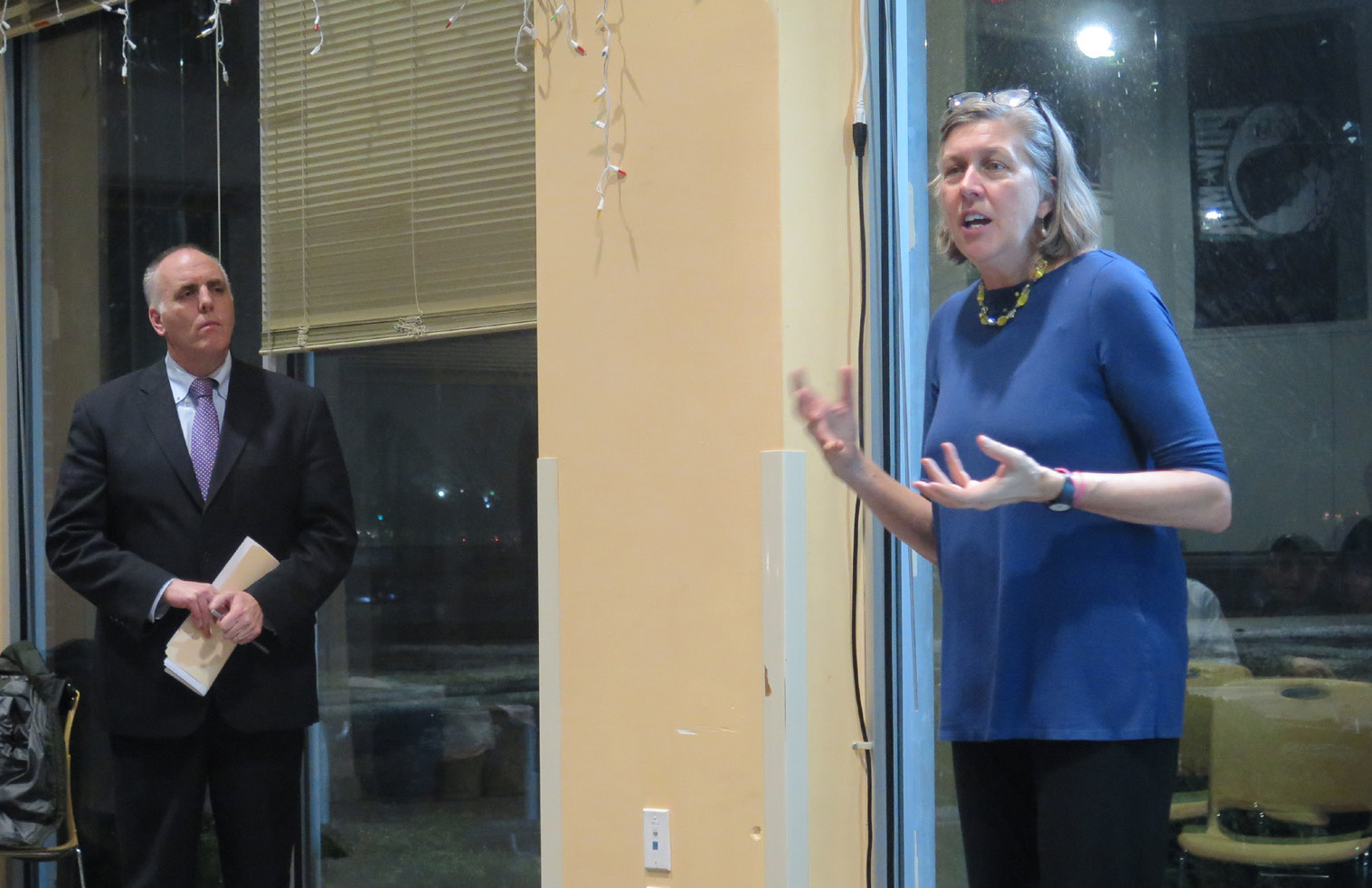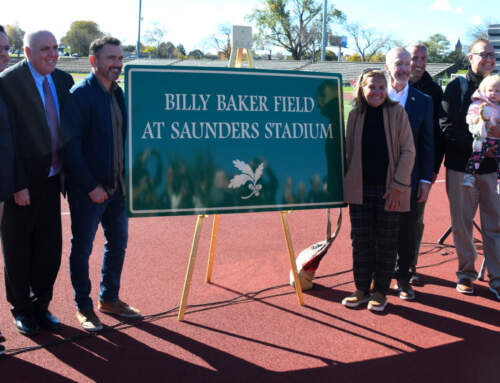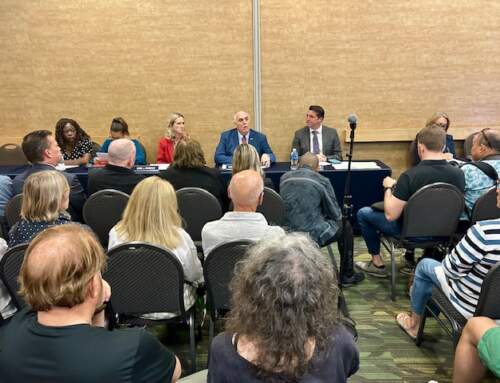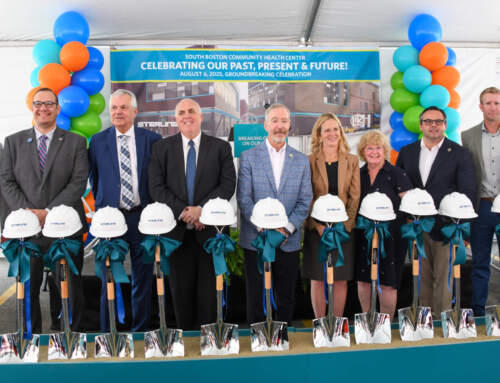by Rick Winterson
First, a brief backstory:
“CPA” stands for “Community Preservation Act”, an act that the Massachusetts state legislature passed in 2000, seventeen years ago. Brief ly stated, this involved levying a 2% surcharge on existing property taxes, which would then be earmarked for funding preservation projects. “Community Preservation” was loosely defined; it included three general types of project – 1.- Historic, 2.- Parks & Open Space, and 3.- Affordable Housing.
In the following year, 2001, the CPA’s 2% levy failed to pass in Boston. Fifteen years later in 2016, with the CPA surcharge being cut in half to 1%, the preservation levy passed, garnering an impressive 74% of the vote. As of now, Boston’s surcharge generated $20 million ($20,000,000) in preservation funds for the same three objectives already mentioned above. The average Boston homeowner will pay $25 added property tax, raising $18 million in preservation funds; the Commonwealth will match 10% of this, raising the total to $20 million.
End of backstory.
Thursday evening, February 22, Christine Poff, Boston’s Director of Community Preservation, presented a Community Preservation Forum at the Tierney Learning Center in Old Colony/Ann Lynch Housing. The meeting was hosted by District Two City Councilor Ed Flynn and Donna Brown of the South Boston Neighborhood Development Corporation (the SBNDC).
A Community Preservation Committee is now being appointed. Governed by Massachusetts law and City of Boston ordinance, this Committee will develop an annual plan and a yearly budget. Based upon these, the Committee will then review all preservation proposals and make funding recommendations. Members are drawn from the Landmarks Commission, the Boston Planning and Development Agency, the Boston Housing Authority, and the Conservation Commission, along with four at-large members appointed by the City Council.
A 10% minimum of the preservation funds must be spent in each of the three overall target categories – Historic, Open/ Green Space, and Affordable Housing. Provided that proposals meet all CPA guidelines, they can be submitted by public or private entities, and profit or non-profit organizations. New capital projects are eligible for preservation funds, as are outright purchases of existing land and buildings. A CPA Plan to implement the above requirements is being drafted now, which will be transparent and will “improve and enrich the quality of life in Boston”. Eight priorities were listed to support this plan, many of which would insure a balanced and fair distribution of funds across and around the City. The timing for 2018 aims at spring and fall funding rounds, with first grants being made this summer. Please note that community input is essential. You should talk CPA up in your neighborhoods. Log onto ; join the CPA Newsletter list.
At the end of the Forum presented by Director Poff, she asked for comments and questions. There were several statements form audience members about the “cost of everything”, even though the City’s cost of living was really not the basic topic of the CPA Forum. The focus of the meeting was brought back to what we’ll call “the amenities” of living in our City. One suggestion was a “walking park” designed for the elderly. In a brief talk with Community Preservation Director Poff, she said that the historic preservation of the St. Augustine Chapel and Cemetery (see South Boston Online’s December 28, 2017, issue) could be an ideal Community Preservation project. Perhaps the topper came when the question of how to use CPA funds was put to the teen-agers in attendance at the Tierney Center. They replied in one voice, “We need trash barrels in our green spaces”. Adults, including those involved in community preservation, please take note.






